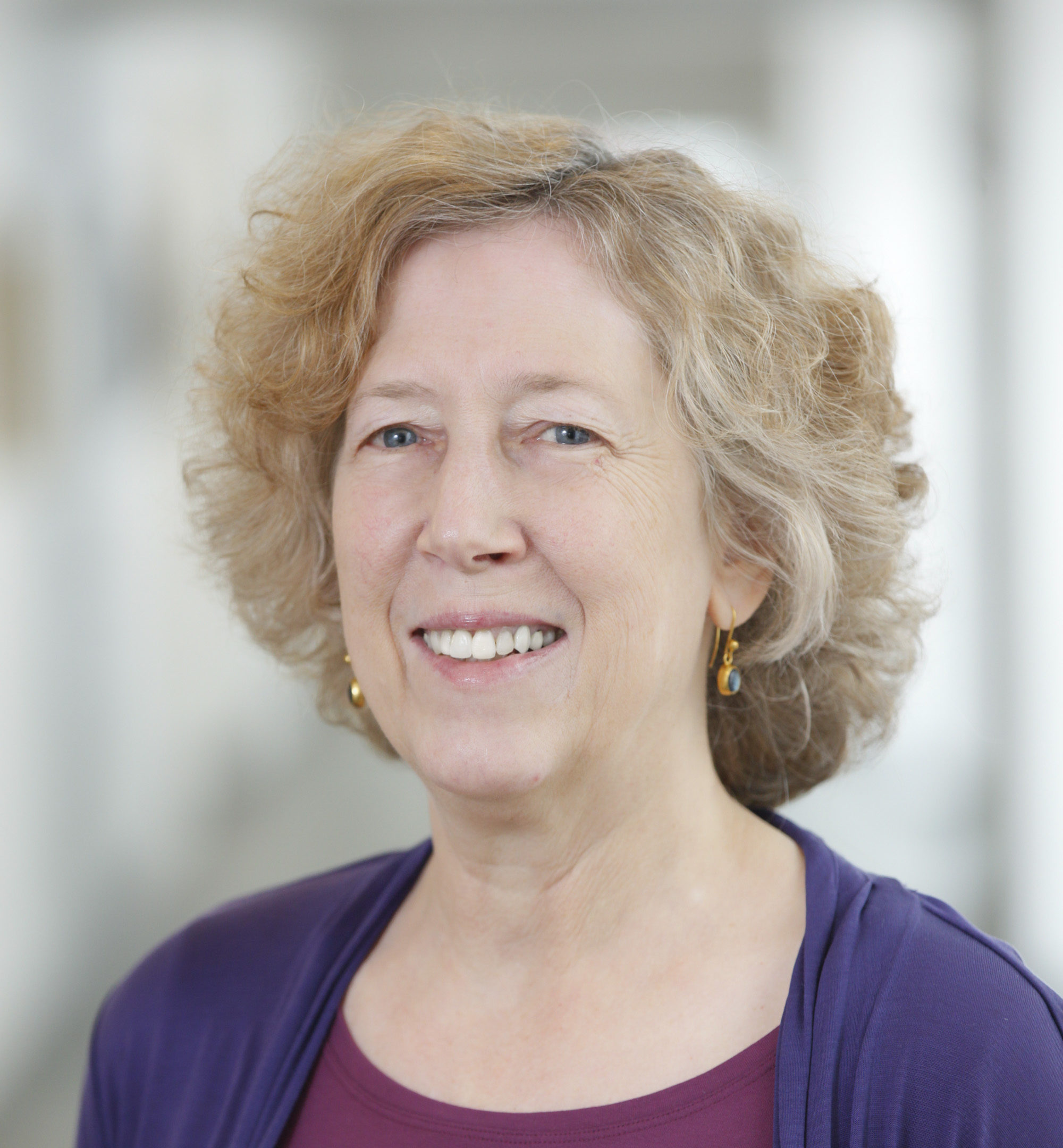No one likes to admit this, but, (deep breath) truthfully, I am prejudiced. I internalized at an early age that many kinds of people who do not look like me cannot be trusted. Even as I heard these things and thought that they were not true, the warnings lodged in my body. So much so that, for most of my life, my instant response to many people has been to be wary.
Fortunately, we have the ability to change. Being conscious of my prejudices, and consistently intending to change, diminished their intensity. But I have learned that the strongest medicine for prejudice is to meet “the other” and to come to know, experientially, that what you have been taught is not true. The following is my story, the game changer.
In 2008-9, I joined All Nations Café, a group of Israeli Jews and Palestinians and internationals who would meet Tuesday evenings at an abandoned home just south of Jerusalem. There, over a campfire and strong Turkish coffee, we would share our stories, our hopes, our fears. (One member was tri-lingual and translated.) Sometimes the stories were painful to hear. One Palestinian spoke of seeing Israelis with guns, which had generalized to a great apprehension any time he saw an Israeli. He told us about the loss of his home and farm at the hands of Israeli soldiers, the deaths inflicted on some of his friends, and eventually admitted to hatred. “Wouldn’t you feel the same? If it happened to you?” he said, looking into my eyes. I had to admit that yes, I might. Many conversations later, he hugged me, and told me he could see that many Jews did not wish him harm.
However, amazingly, most of the stories, whether by Jew or Palestinian, were the same. Dreams of wanting to live in harmony, of caring for each other, of wanting a safe home, of feeling free to love. Despite our many differences, it became clear that we are so alike in our being, what we longed for at our core. And I knew then that peace was coming. It would come as we learned to listen to each other, to tear down the myth of “the other.” And I saw my own prejudices pale in the light of this truth.
Perhaps this shift prepared me to see a critical, yet mostly overlooked, teaching in BeHar. Before entering Eretz Israel, God tells the Israelites: “V’ha’aretz lo timaher litzmitut, ki li ha’aretz, ki gerim v’toshavim atem imadi.” VaYikra 25:23. You cannot own the land absolutely, says God, because the land is mine, and because you are gerim, strangers, whose dwelling place is with Me. A radical new teaching! Many places in Torah we are told not to oppress, even to love, the ger, the stranger, because we were gerim in Mitzraim. But now, God tells us that even when we are in Israel, we are gerim. This must mean that all of us on this earth, wherever we are, are always gerim.
And why? Torah is teaching us that we are just passing through; we are not of this physical world. We are spirit, having a human experience. And our true home is with God. Ibn Ezra comments that proof of this verse is in Moshe’s prayer to God, “My God, You were our dwelling place, in every generation.” (Psalm 90:1) Indeed, the earth, even Israel, is but our “home away from home”.
We are all strangers on this earth, each with a breath of divinity at our core. How could we ever look down upon or judge another with a different belief, appearance, language? It is so hard to be on this planet, to cope with the challenges of a lifetime, running so fast just to keep up. It is not always easy to see the face of God in the other. Still, Torah wants us to know we are all of one spirit, and to strive to be kind to everyone we encounter. I bless all of us to teach our children well, and continue to fight this most magnificent of battles.
Rabbi Ora Weiss is hard at work on a book about who, according to Torah, we humans really are. She is also building the foundation for creating a new spiritual community of seekers.


